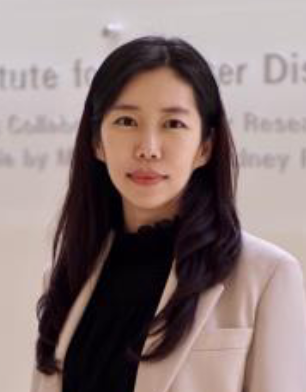Following molecular-level chirality studies, the chirality of nanomaterials is a newly emerging focal point in the field, catalyzed by the discovery of intense polarization rotation in individual nanoparticles (NPs) and their assemblies. Their uniquely high values of chiral anisotropy factors, which mainly originate from strong resonances of incident electromagnetic waves with plasmonic and excitonic states typical of metals and semiconductors, can offer (1) photon-to-matter chirality transfer during chemical synthesis, (2) strong and sensitive chiroptical activity in both linear and nonlinear regimes, and (3) exotic enantioselective interactions with chemical compounds, biomolecules, and cells. In this talk, I will discuss understanding asymmetric light-matter interaction and leveraging it to develop chiral nanomaterial-based high throughput platforms using both experimental and computational approaches to overcome current limitations in metamaterial synthesis and bioanalytical chemistry.

Dr. Ji-Young Kim currently serves as an Assistant Professor in the Department of Chemical and Biological Engineering (CBE) at Rensselaer Polytechnic Institute (RPI). Pursuing her doctorate in MSE at the University of Michigan under Prof. Nicholas A. Kotov, she delved into the physics of symmetry-breaking in optical nanostructures, unraveling puzzling nonlinear optics phenomena. During her three years of postdoctoral training, Dr. Kim’s interdisciplinary expertise in both physics and chemistry, coupled with her dedication to advancing the practical applications of asymmetric nanomaterials in fields such as photonic metamaterials, nonlinear optics, photocatalysis, diagnostics, and nanomedicine, resulted in the publication of sixteen articles in renowned scientific journals and recognition with the Women Interactive Materials Award in 2022. Currently, her research group at CBE in RPI focuses on developing high-throughput experimental and modeling platforms for chiral metamaterial synthesis and analyzing bio-chiral nanomaterial interfaces. By exploring the practical applications of chiral nanomaterials, her research group aims to overcome limitations in additive manufacturing and (bio)analytical chemistry, establishing a new paradigm for diagnostics and therapeutics.
